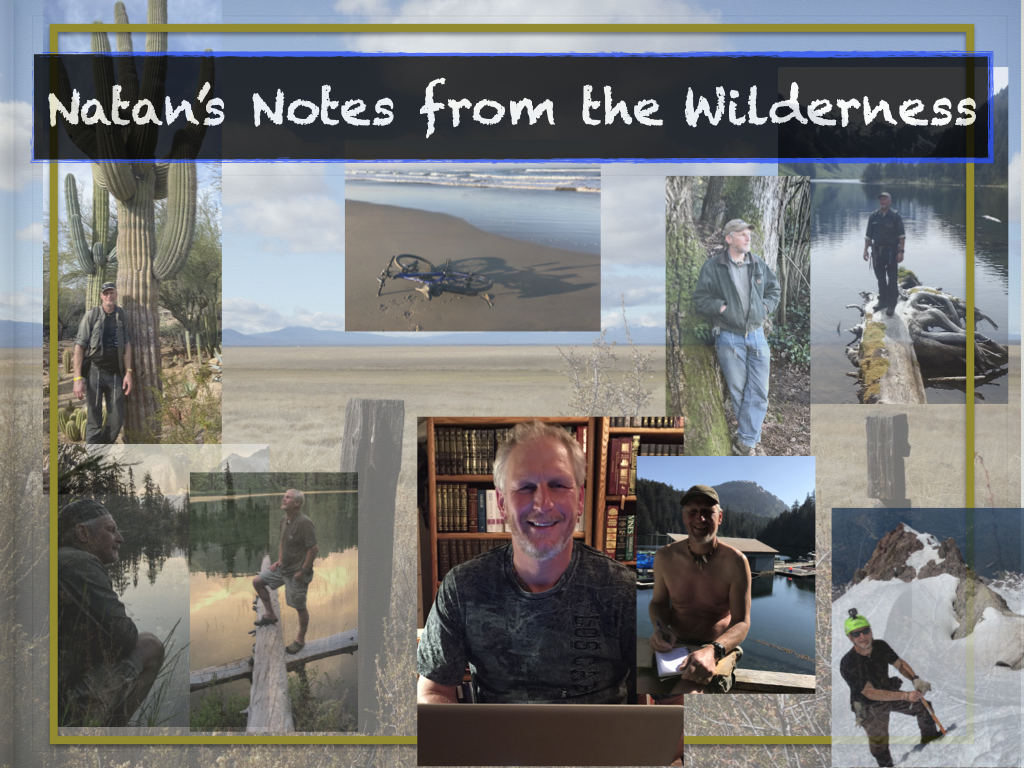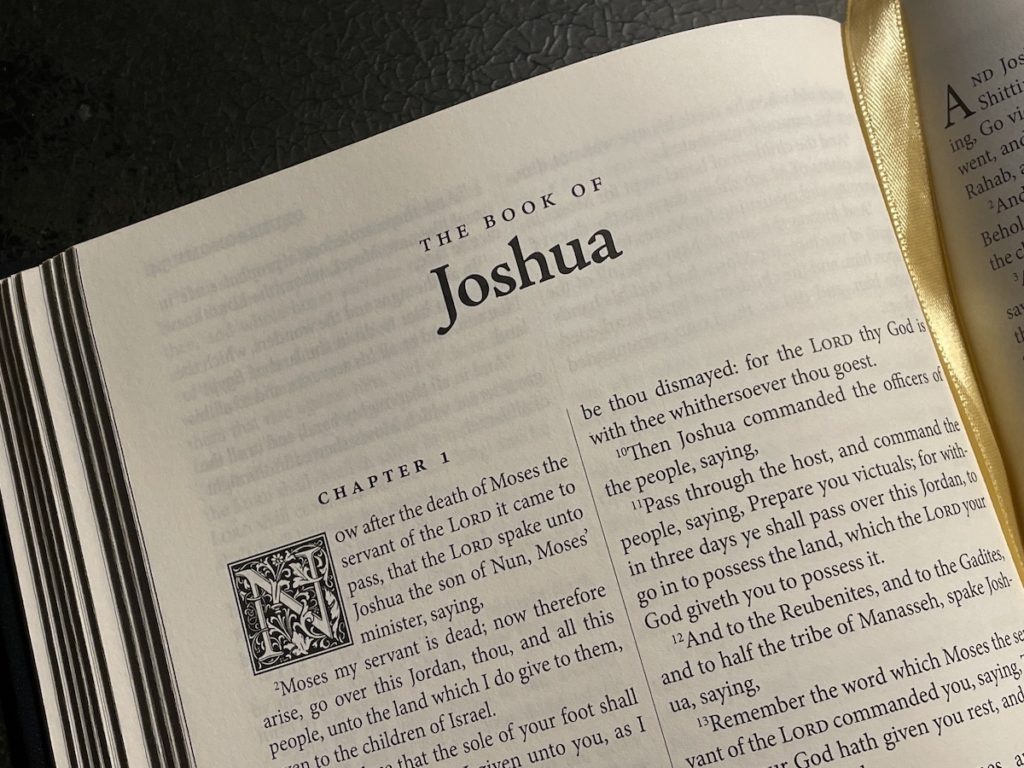
Joshua 15
Joshua 15:63, Jerusalem…the children of Judah. The city of Jerusalem was located in such a place as to be easily defended and nearly impossible to capture, even for the powerful and venerable armies of Israel. It was only by stealth and creativity that David finally captured it some four hundred years later (2 Sam 5:6–7). Much later, both the Babylonians and finally the Romans captured it but only with great effort and difficulty.
Joshua 18
Joshua 18:1, Shiloh…tabernacle of meeting. Shiloh became the center of Israel’s spiritual activity some four hundred years before David captured Jerusalem and made it the center Israel’s spiritual and political life.

Joshua 18:3, How long will you neglect. The children of Israel had grown weary and lax in fulfilling the mission that YHVH had given them to conquer and possess the Promised Land. They had become content to accept only half the victory and half the promise YHVH had made to them. When YHVH gives his people a mission, they must be faithful to complete it to the end all the while trusting him to give them the strength and resources to do so. Sometimes, one generation will start the work of YHVH, but the next generation becomes complacent with the successes of the previous generation the looses the passion to pick up the mantle and to continue the vision forward to completion. This is not the fault of YHVH, nor necessarily that of the first generation, but that of the subsequent generation.
Joshua 18:18, Arabah. This Hebrew word literally means “desert plain, steppe, desert, wilderness,” and derives from the Hebrew word arab meaning “to become evening, grow dark.” Often arabah is translated in the KJV as “in the plains of” and relates to the desert area adjacent to Moab, by the Red Sea (probably referring to the Gulf of Aqaba), as well as the desert near Jordan, Jericho, Gilgal. The specific area in these references is referring to the rift valley area running along the Jordan River south of the Sea of Galilee and all the way past the Dead Sea to the Gulf of Aqaba. It is believed that King Solomon mined copper in the Timna Valley where to this day there exist some 9000 ancient copper mines and hundreds of smelting sites. This area was also home to the Edomites and Nabateans.
Joshua 19
Joshua 19:9, Simeon. The tribal allotment of Simeon was contained within the tribe of Judah. Some Jewish sages suggest that this is because of Simeon’s vengeful spirit when avenging the rape of his sister, Dinah, in Genesis 34. This assumes that this the descendants of Simeon had inherited a similar disposition to wreck vengeance upon the enemies. Contained with in Judah, they would be less likely to take matters into their own hands and to break out recklessly and to take matters into their own hands in avenging themselves against Israel’s enemies.
Joshua 21
Joshua 21:43, All the land. This is another example where the word all in the Bible does not necessarily mean “all” in the sense that it means in English. Here all means “all that the land that the Israelites were to possess at that point in time,” but not all the land that Elohim had ultimately promised to the patriarchs from the Nile to the Euphrates rivers. That promise is yet to be fulfilled, and will not be so until the return of Yeshua when he establishes his millennial kingdom.

